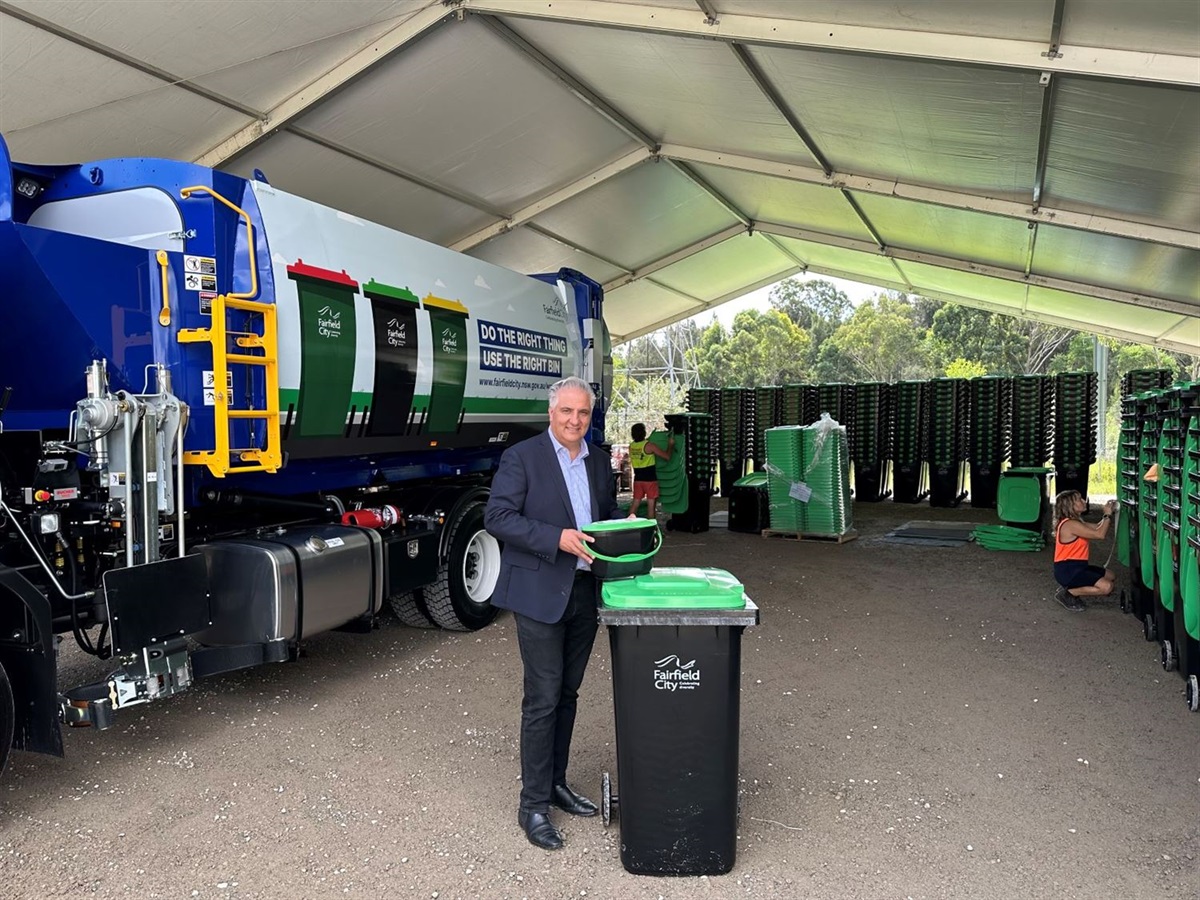A report released today by the ACT Council of Social Service (ACTCOSS) has found that a significant number of Canberrans living in low-income households are experiencing food stress. Food stress is when a low-income household spends 30% or more of its income on food. The report also found that the supply of rescued food to food assistance providers in the ACT has more than doubled over the eight years between 2010-11 and 2017-18.
ACTCOSS’ Executive Director, Ms Susan Helyar said, ‘Foodbank’s 2018 Hunger Report found that over four million Australians experienced food insecurity last year. While there is no data on the extent of food insecurity in the ACT, our analysis found over 25,000 Canberrans were experiencing food stress – this is similar to the number of people living below the poverty line in the ACT.
‘For most ACT households, food is the second biggest expense after housing. But, as we see with other essential goods and services, food accounts for a significantly higher proportion of low-income household budgets. While our highest-income households spend one-tenth of their income on food, it accounts for a quarter of income in our lowest-income households.
‘Our research identified systemic barriers to food security faced by people in various circumstances, including insufficient levels of income support for tertiary students and people seeking employment. Particular barriers are faced by Aboriginal and/or Torres Strait Islander people, people with disability, people experiencing homelessness, older people, women, and people from culturally and linguistically diverse backgrounds – particularly refugees and asylum seekers.
‘While systemic barriers persist, Canberra community organisations will continue to play a critical role in ensuring individuals and families on low incomes or experiencing a crisis have access to affordable, nutritious food through food pantries and free meals. The food supplied to local food assistance providers by Foodbank ACT/NSW and OzHarvest rose by over 400,000 kg in the past eight years. In 2017-18, around 800,000 kg of rescued food provided almost 1.5 million meals to Canberrans in need. This has been supported to different degrees by federal and ACT government funding and subsidies, donations from local businesses, and by community members making donations and working as volunteers.’
Ms Helyar concluded, ‘In our conversations with food assistance providers and people accessing their services it was highlighted that, beyond filling people’s bellies, food assistance often facilitated social connectedness. Food pantries and free meal venues were valued as places of social interaction that supported people’s emotional and nutritional wellbeing. What was made very clear was the need for greater support to help better understand and respond to food stress and insecurity in the ACT, and to better address underlying causes.’
Read the ACTCOSS report on food security, food assistance and the affordability of healthy food in Canberra. This research was funded by the ACT Government.
Quote from Warwick Fulton, President, St Vincent de Paul Society Canberra/Goulburn:
‘Food is a significant pressure on household budgets. For too many people it remains an impossible decision – to pay for rent, or to pay for food. To prevent homelessness, people will choose to pay for rent, and then have no choice but to turn to charities like Vinnies for support with food. Of the $2 million worth of assistance our conference members provided last financial year, almost half of that was for food. In addition, many of our services provide food to the people we work with – Night Patrol provides over 15,000 light meals and refreshments in a year, Blue Door serves over 50,000 meals a year, our Clemente students receive lunch while studying, and Samaritan House provides meals and snacks to all residents of the crisis accommodation.’








